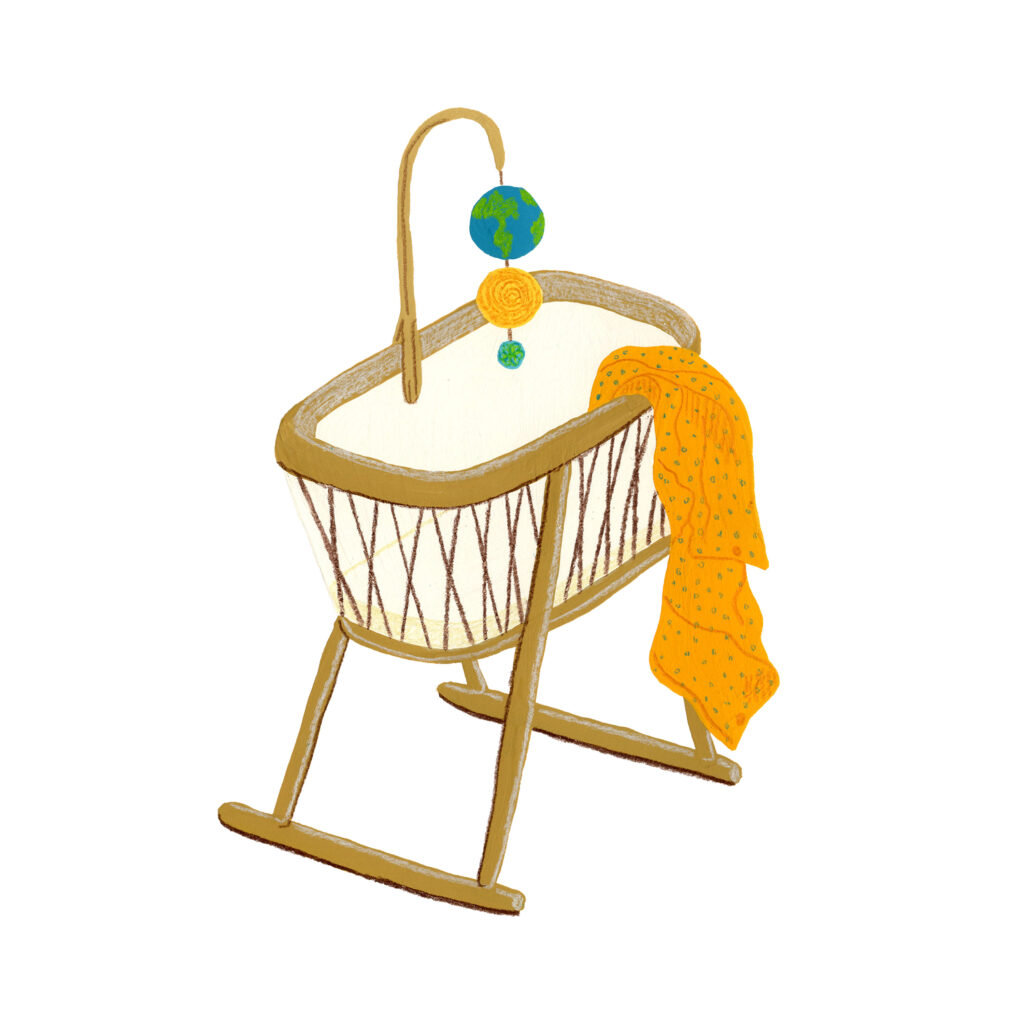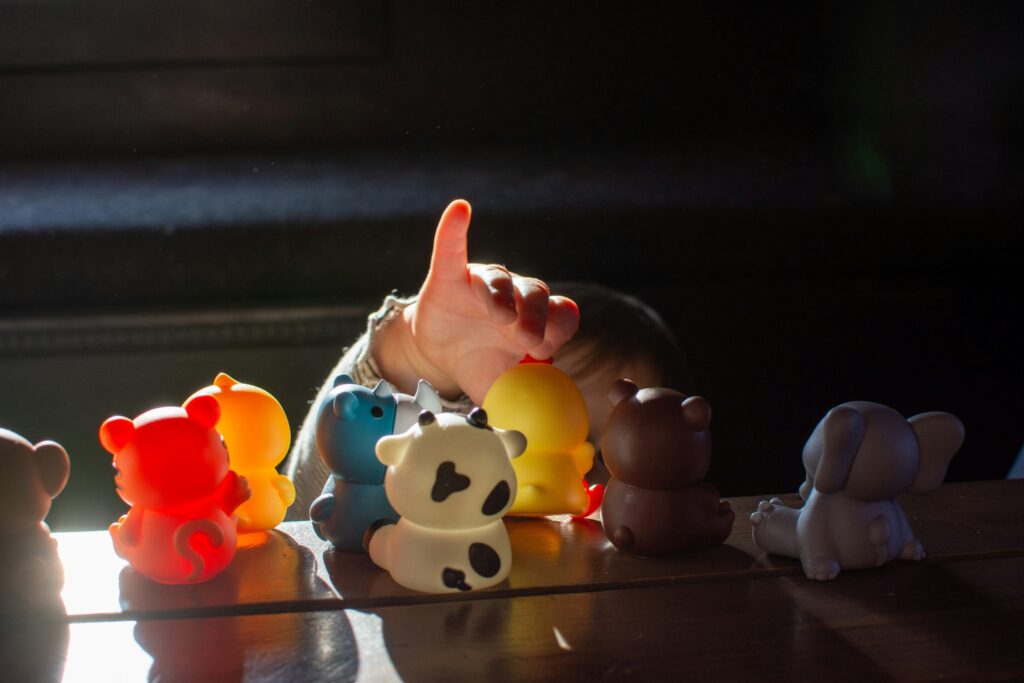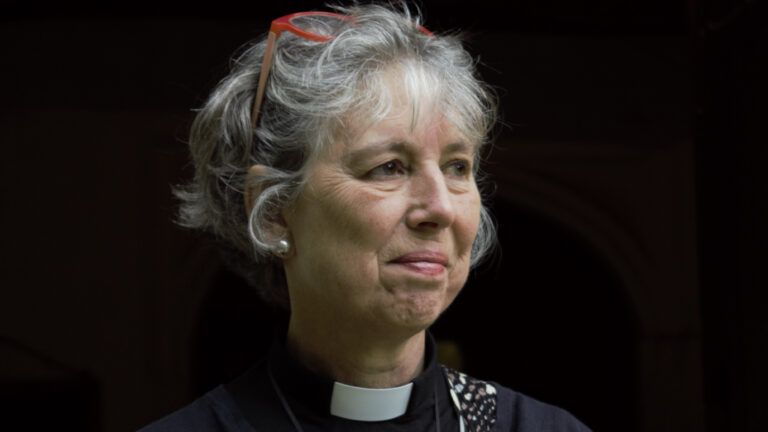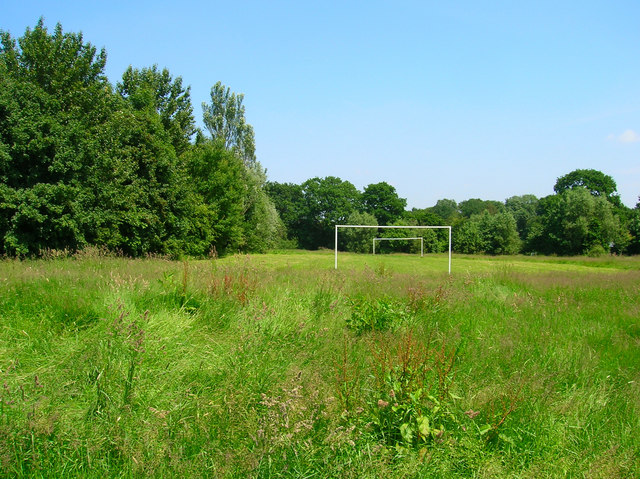Would you bring a child into a world facing ecological collapse? As the climate crisis continues to rage, its consequences are no longer abstract. A recent paper published by Nature has found that 52 per cent of people born in 2020 will experience unprecedented lifetime exposure to heatwaves if global heating remains at 1.5°C.
It is now an indisputable fact that future generations will be plagued by climate extremes. With that in mind, a growing number of people are confronting the uncomfortable question of whether it is ethical to have children at all.
The Birthstrike Movement has offered a radical solution to this question since its founding in 2019. The movement is characterised by a choice to forgo offspring to protect them from worsening social, economic, and environmental conditions. For some, it’s a personal statement. For others, it’s a collective stand.
Having a kid is a selfish thing to do
Spencer Rocchi, Birthstrike spokesperson
Aga Marzalek and her husband Spencer Rocchi describe their choice as an urgent awakening. “I was thinking about kids and all of this throughout my life,” Marzalek says. “But when we found Birthstrike, it really hit home. We’re striking against what’s happening with the climate crisis by not having kids.”
When asked if their beliefs made them antinatalists – the view that procreation is unethical – both Marzalek and Rocchi point out that they don’t hate children. “We’re not full-blown antinatalists,” Rocchi says. “I like to think there is a grey area, like if there’s a world worth bringing kids into, if they’re going to have their basic needs met.”
“Having a kid is a selfish thing to do. The climate crisis just puts the nail in the coffin for us.”
For others, the decision of whether to have children is not as final. Charlotte Lastoweckyi is a member of the UK Youth Climate Coalition and has been a passionate eco-activist since her early teens. “We’re living through a crisis that we didn’t cause, and yet we’re being asked to make impossible choices – like whether or not it’s responsible to bring new life into a world of growing uncertainty,” Lastoweckyi says.

“People should be supported in making the decisions that feel right for them, without shame,” she says. Lastoweckyi explains that she is still questioning whether or not to have children. “But if I do, I want them to grow up knowing that I did everything I could to fight for a world where they – and everyone – can live with dignity, safety, and joy.”
Luke Grant, a physical scientist at Environment and Climate Change Canada and co-author of the Nature study, questions the effectiveness of Birthstrike’s stance. “I don’t know that choosing not to have children forms any solution,” he says. “I suppose it is a solution only in a sense that each child avoided is less emissions, which is kind of dark and anti-human, but otherwise I see it as people avoiding presenting their children with ‘the difficulties ahead’.”
As temperatures rise, the choice to become a parent has become a political statement reflecting individual views on the future of the climate. While the future remains uncertain, there are some with a fierce commitment to building a world where children can thrive.




